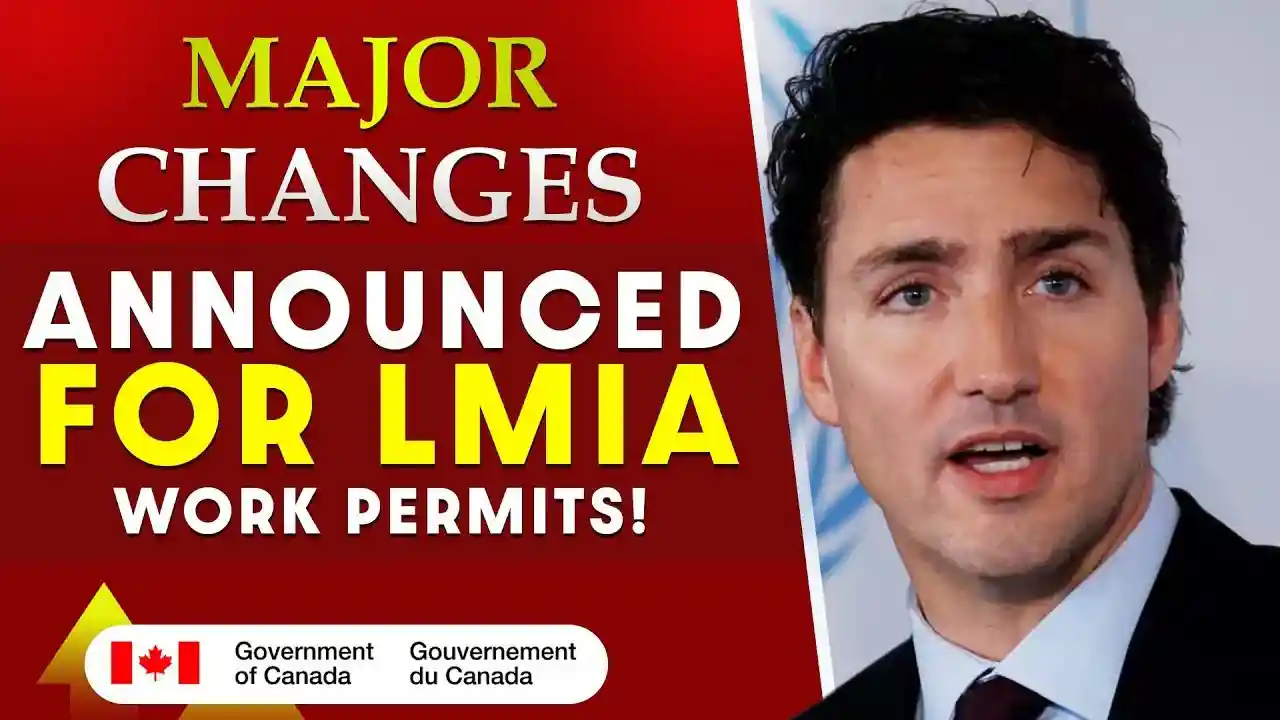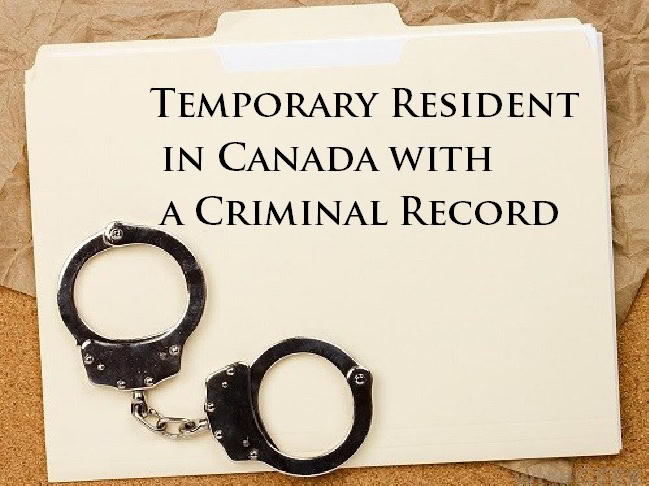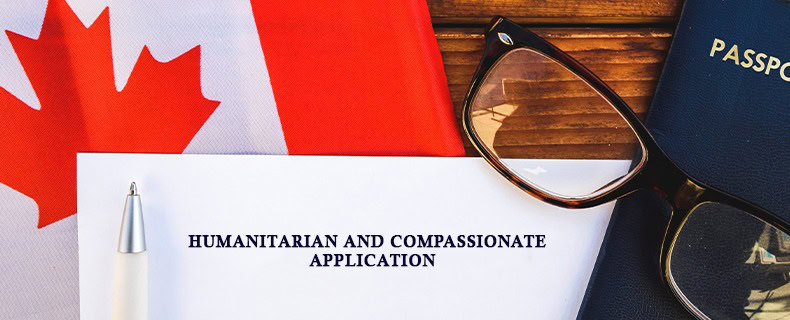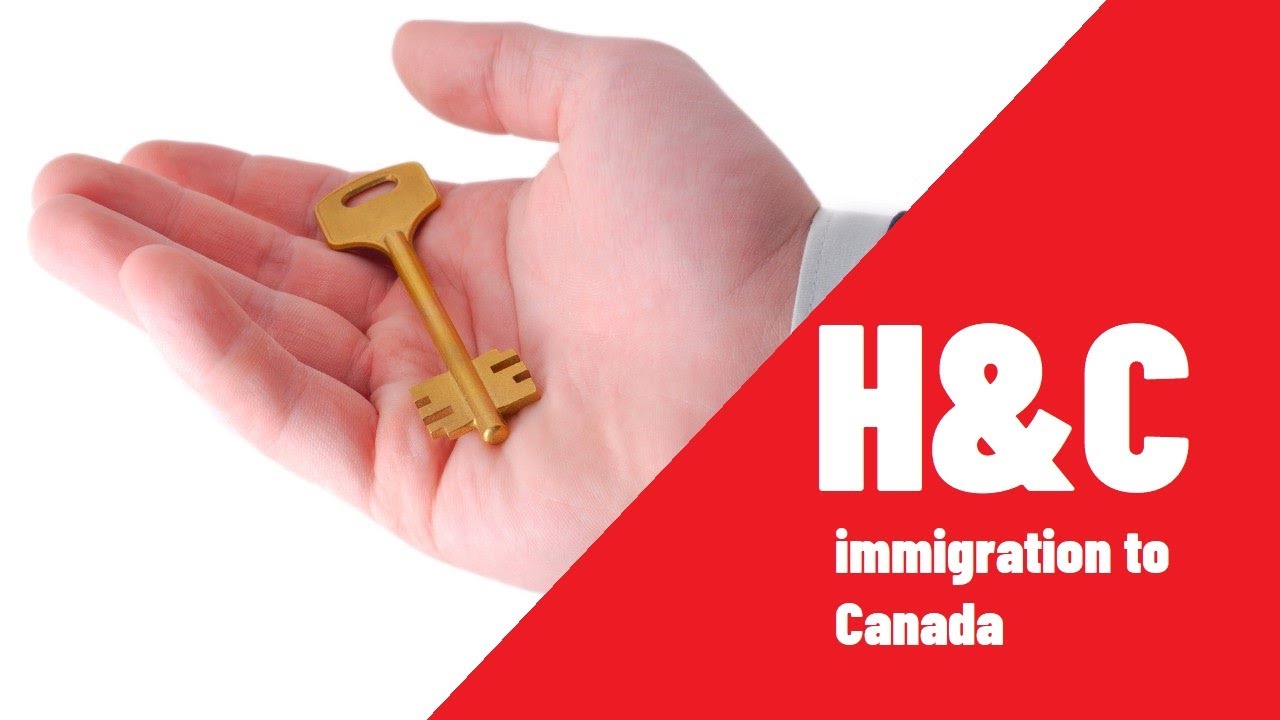Humanitarian and Compassionate Application
What Proof Do I Need for a Humanitarian and Compassionate Application?
Applying for permanent residence in Canada on humanitarian and compassionate (H&C) grounds is a complex process that requires substantial evidence to support your case. This type of application is for individuals who would not normally be eligible to become permanent residents of Canada but who can demonstrate compelling humanitarian and compassionate reasons for why they should be allowed to stay. Lets go through the types of proof you need to submit to strengthen your H&C application.
Understanding Humanitarian and Compassionate Grounds
Humanitarian and compassionate applications are assessed on a case-by-case basis. Immigration, Refugees and Citizenship Canada (IRCC) considers several factors, including:
- The hardships you would face if you had to leave Canada.
- Your establishment in Canada.
- The best interests of any children involved.
- Your ties to Canada.
- The consequences of returning to your home country.
Key Types of Proof for an H&C Application
To build a compelling H&C application, you need to provide detailed documentation that clearly demonstrates your unique circumstances. Below are the key types of proof required:
1. Proof of Establishment in Canada
Evidence that shows your level of establishment in Canada can significantly bolster your application. This includes:
- Employment Records: Pay stubs, employment contracts, letters from employers, and tax documents that demonstrate stable employment.
- Educational Records: Transcripts, diplomas, certificates, and letters from educational institutions for you and any children.
- Residency Records: Lease agreements, mortgage documents, utility bills, and letters from landlords or property managers showing long-term residence.
- Community Involvement: Letters from community organizations, volunteer groups, religious institutions, and other community ties.
2. Proof of Hardship
To prove that returning to your home country would cause undue hardship, you need to provide detailed and specific evidence:
- Medical Records: Doctor’s notes, medical reports, prescription records, and letters from healthcare providers explaining medical conditions and the necessity of staying in Canada for treatment.
- Financial Records: Bank statements, debt records, and documents showing financial instability or lack of financial resources in your home country.
- Safety Concerns: Police reports, news articles, and letters from local authorities or human rights organizations detailing threats, violence, or persecution you may face in your home country.
- Country Conditions: Reports from credible sources like government agencies, international organizations, and NGOs describing the political, social, and economic conditions in your home country.
3. Best Interests of Children
If you have children, demonstrating that their best interests are served by remaining in Canada is crucial:
- School Records: Report cards, attendance records, and letters from teachers or school counselors.
- Medical and Psychological Reports: Documentation of any physical or mental health issues, including treatment plans and letters from healthcare providers.
- Social Integration: Evidence of children’s involvement in extracurricular activities, sports, and social groups.
- Testimonials: Letters from teachers, coaches, and community leaders attesting to the child’s integration and well-being in Canada.
4. Proof of Ties to Canada
Demonstrating strong ties to Canada can support your case:
- Family Ties: Birth certificates, marriage certificates, and letters from family members who are Canadian citizens or permanent residents.
- Friendships and Social Networks: Letters from friends, neighbors, and community members.
- Professional Networks: Letters from colleagues, professional associations, and mentors.
How to Compile and Present Your Evidence
1. Organize Your Documents
Your application should be well-organized and easy to follow. Use the following tips:
- Index and Label: Create an index of all the documents you are submitting and label each document clearly.
- Chronological Order: Arrange documents in chronological order where applicable, such as employment or residency records.
2. Write a Personal Statement
A personal statement or affidavit explaining your situation in detail can provide context and support for your documentation:
- Be Detailed: Include specific details about your hardships, establishment, and ties to Canada.
- Use Evidence: Reference the documents you are submitting to support your claims.
3. Obtain Professional Support
Consider seeking assistance from immigration consultants or lawyers who specialize in H&C applications:
- Legal Advice: Professional advice can help ensure that your application is comprehensive and meets all legal requirements.
- Representation: A representative can communicate with IRCC on your behalf and help address any issues that arise during the application process.
Latest Immigrations News

October 16, 2024
LMIA: Recent Changes & Required Documents
What is a LMIA? A Labour Market Impact Assessment (LMIA) is a document issued by Employment and Social Development Canada (ESDC) that evaluates the impact of hiring a foreign worker on Canada’s labor market. An LMIA will be required if a Canadian employer wants to hire a foreign [...]

October 8, 2024
Temporary Resident Permit (TRP) and Criminal Rehabilitation
Canada’s immigration laws can be pretty strict, especially when it comes to people with past criminal convictions. However, there are options available for individuals looking to enter Canada despite those issues: the Temporary Resident Permit (TRP) and Criminal Rehabilitation. Both of these processes are designed to help people [...]

October 3, 2024
Humanitarian and Compassionate (H&C) Applications
Humanitarian and Compassionate (H&C) Applications In recent years, Canada has undergone significant changes to its immigration policies, often making it more challenging for individuals and families to navigate the process of gaining permanent residency. As a result, many potential immigrants find themselves in precarious situations, left feeling vulnerable [...]

Book a Conslutation
One of our Representatives will
assist you with your matter. Book Now!
Click here

Call us for
more Information
+1-416-477-2545
Toll Free: 1-877-820-7121
Click here

Write Us (Online Form)
Complete our form and one of our
Representatives will contact you.
Click here
Subscribe To Our Newsletter


